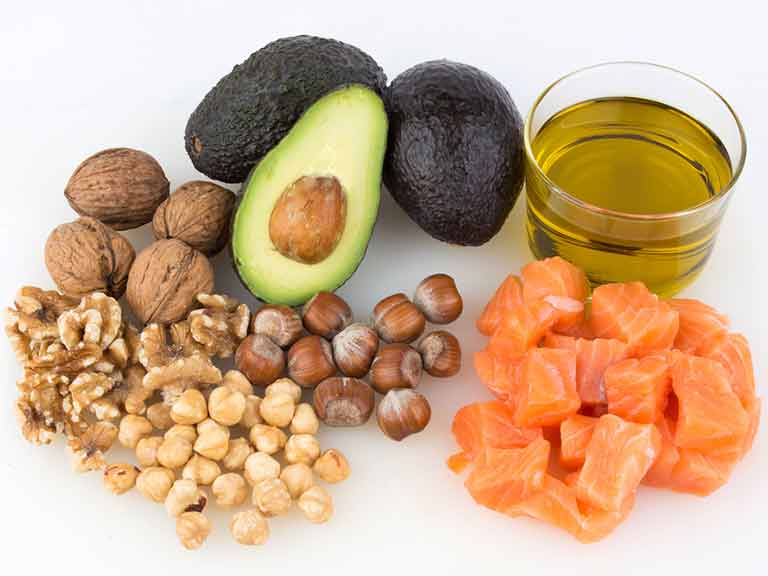The past few decades have portrayed cholesterol in a bad light, and everybody thinks cholesterol is bad for the body. It has been associated with heart diseases, and many types of food have been avoided to stay away from the “evil” called cholesterol. It is a new dawn for cholesterol, and governments and health authorities all over the world are beginning to change their position on cholesterol due to new insights on the subject.
Cholesterol is an organic fatty substance produced by the liver and other cells in the body. It helps the body perform several functions like cell membranes buildup, hormone production, metabolic processes, bile acids production, and nerve sheaths. In summary, it is safe to say that the body will cease to live if cholesterol is absent.
Cholesterol in the body
Cholesterol is transported around the body in the blood by little transporters called lipoproteins. Lipoproteins are classified into low-density lipoprotein (LDL) which is popularly referred to as bad cholesterol and high-density lipoprotein known as the good cholesterol. In reality, no cholesterol can be termed good or bad. The classification comes from their roles and impacts on the body system.
For example, LDL transports cholesterol from the liver where it is produced and delivers to the cells where it is needed. However, cholesterol carried by LDL can clog up the wall of arteries by plaque build-up when the level present in the bloodstream is high. When this happens, the blood vessels become narrow and reduces the flow of oxygen-rich blood in the body. High LDL cholesterol levels in the blood also cause blood clots which can block blood flow resulting in heat attack.
On the contrary, HDL transports excess LDL cholesterol from the blood back to the liver for breaking down and removal from the body. In doing so, HDL also helps to remove excess cholesterol out of the cells and arteries. Therefore, it is called good cholesterol. High levels of HDL protect the body from risks such as stroke and heart attacks.
Facts about Cholesterol
Studies have shown that the liver generates a large percentage of the cholesterol in the human body. It means that the level of cholesterol in a body is determined by genetic makeup, not what they eat.
Only about 25% of the cholesterol used by the body comes from diet. It explains while dieting and change in nutrition do not reduce the cholesterol level in the blood.
Cholesterol has never been medically demonstrated as the cause of heart attack. In fact, studies show that about 75% of people who suffer from heart attacks have normal cholesterol levels.
Research has also shown that people in countries where the average cholesterol level is high have the least number of recorded heart diseases.
High cholesterol levels have also been correlated with longevity, and an overall rise in mortality rate has been associated with low cholesterol levels.
A good percentage of the cholesterol in the body is resident in the brain. Hence, high levels have been observed to help memory function, while low levels cause dementia.
Final thoughts on Cholesterol
It is, however, recommended that cholesterol levels should be within 5.5 mmol per liter when other risk factors or medical conditions are absent. The accepted cholesterol level in the blood is much lower for people with high blood pressure or other heart diseases. Care should be taken to avoid foods that are high in trans fats which tend to raise cholesterol levels in daily diets unusually.
*Need help from an urgent care clinic in Miami? Primary Medical Care Center is only a phone call away: 305-751-1500
